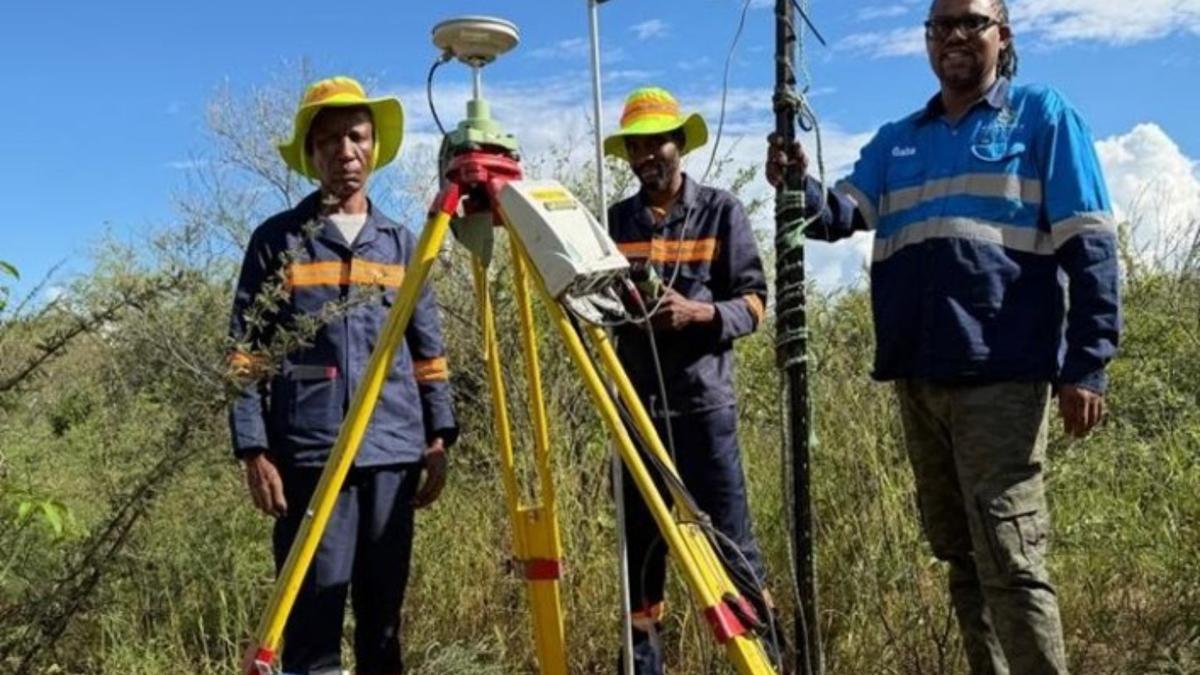
A significant warning has emerged regarding the state of the world’s coral reefs, confirming that we have surpassed a critical climate tipping point. According to the latest findings in the 2025 Global Tipping Points Report, human activities have pushed global temperatures to a level that cannot sustain warm-water coral ecosystems. The report, which includes contributions from 160 scientists across 23 countries, indicates that mass coral die-offs occur at an estimated warming of 1.2 °C above preindustrial averages—levels we have now exceeded.
As a result, vital underwater ecosystems, such as the Great Barrier Reef in Australia and Florida’s Sombrero Reef, are facing unprecedented destruction due to climate change. The report highlights that four global coral bleaching events have been recorded, with two occurring within the last decade. Notably, the Great Barrier Reef experienced significant bleaching events in 2016, 2017, 2020, 2022, and is expected to see more in 2024 and 2025.
According to Tim Lenton, an earth system scientist at the University of Exeter, the world has recently endured prolonged periods of 1.5 °C warming, leading to severe marine heatwaves that have resulted in the bleaching of approximately 80 percent of the world’s coral reefs. The frequency of these mass bleaching events is now too close together for reefs to recover, prompting alarming coral mortality rates and threatening the diverse marine life that relies on these ecosystems.
The economic implications of this crisis are profound. Approximately 500 million people depend on coral reefs for their livelihoods, which include fishing and coastal protection. The ecosystem services provided by these reefs are valued at over US$2 trillion annually. Lenton emphasized that while coral recovery is possible, it hinges on our ability to reduce global temperatures.
Currently, however, global greenhouse gas emissions continue to rise. Lenton warns that existing policies are likely to lead to a potential warming of 2.5 – 3 °C by the end of the century. This trajectory could trigger the next major climate tipping point, which may involve the collapse of parts of the West Antarctic ice sheet or the Greenland ice sheet. Such events would accelerate sea level rise, committing future generations to multiple meters of increase.
The report underscores the urgency of addressing climate change, using coral reefs as an early indicator of broader ecological collapse. Each incremental increase in temperature poses a threat to essential Earth systems. Mike Barrett, chief scientist at WWF-UK, articulated the need for immediate action, stating that failure to act could lead to the loss of critical systems like the Amazon rainforest and vital ocean currents.
While there is still some uncertainty regarding the precise thresholds of these tipping points, the report makes it clear that the consequences of climate change are already claiming lives. It also highlights the potential for positive tipping points, where significant changes—such as the widespread adoption of renewable energy—can create self-sustaining shifts toward sustainability.
The researchers advocate for a more accelerated energy transition and stress the importance of identifying and triggering additional positive changes. This effort should take precedence at the upcoming COP30 climate talks scheduled for November.
Both Lenton and Milkoreit encourage individuals to participate actively in climate action. This can include reducing meat consumption, supporting renewable energy initiatives, and advocating for ambitious climate policies. Milkoreit pointed out that the most impactful actions involve raising awareness about existential risks and holding leaders accountable.
The 2025 Global Tipping Points Report serves as a critical call to action for humanity, highlighting that the challenges posed by climate change are not distant threats but present realities that require our immediate attention. The full report, along with its summaries and case studies, is available for public access.







